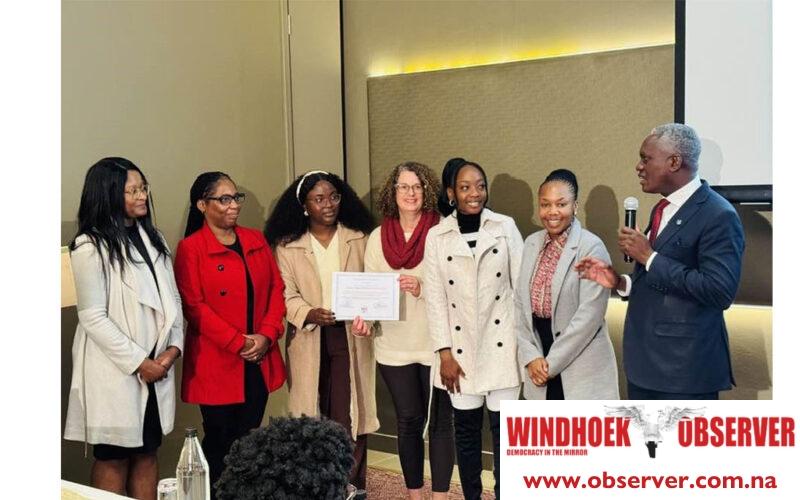Niël Terblanché
The ministry of health and social services convened its annual National Pharmaceutical Services Forum for 2025, focusing on better governance at regional levels and improving procurement systems to increase access to essential medicines across Namibia.
The forum, hosted by the directorate of pharmaceutical services and the national medicines policy coordination division, was officially opened by the ministry’s executive director, Penda Ithindi, on behalf of health minister Esperance Luvindao.
Ithindi said the forum comes at a time when there is renewed pressure to deliver the ministry’s core mandate more visibly.
He said the pharmaceutical sector and its value chains are central to that mandate.
While acknowledging challenges such as limited resources, shifting disease patterns, and regulatory hurdles, Ithindi said the ministry has shifted from a reactive approach to a more proactive one in shaping the future of pharmaceutical services.
He noted recent progress, including better availability of essential medicines at public health facilities.
“According to the Pharmaceutical Management Information System, 83% of essential items are now available at public facilities,” Ithindi said.
He credited this to multiple sourcing strategies, long-term supply contracts, and direct procurement approvals for key items.
The ministry also received an exemption from the national procurement threshold, which enabled faster acquisition of critical medicines.
“Such enhanced procurement dispensation must be exercised prudently,” he said, calling for compliance with laws and procedures and a focus on value for money.
The ministry also procured the human papillomavirus (HPV) vaccine for the public sector.
“The rollout of this vaccine signals a major step forward in the fight against cervical cancer and reflects our broader commitment to preventive care and the health of adolescent girls and young women,” said Ithindi.
He also highlighted progress in forecasting and budget management.
“The quantification team, working closely with regional pharmacists, has continued to refine the national three-year rolling quantification process,” he said.
This approach has led to more accurate procurement planning, reduced waste, and better alignment between national supply and regional needs.
The opening ceremony concluded with awards, recognising top-performing hospitals and regions. Okongo District Hospital was named the most improved hospital, while the Hardap region was awarded as the most improved region. The top three hospitals were Katutura Intermediate Hospital, Tsumeb District Hospital, and Windhoek Central Hospital.
For the third consecutive year, the Erongo region was recognised as the best-performing region, followed by Khomas and Ohangwena.
Ithindi said discussions at the forum will shape future policies and strategies to improve pharmaceutical services in the country.




